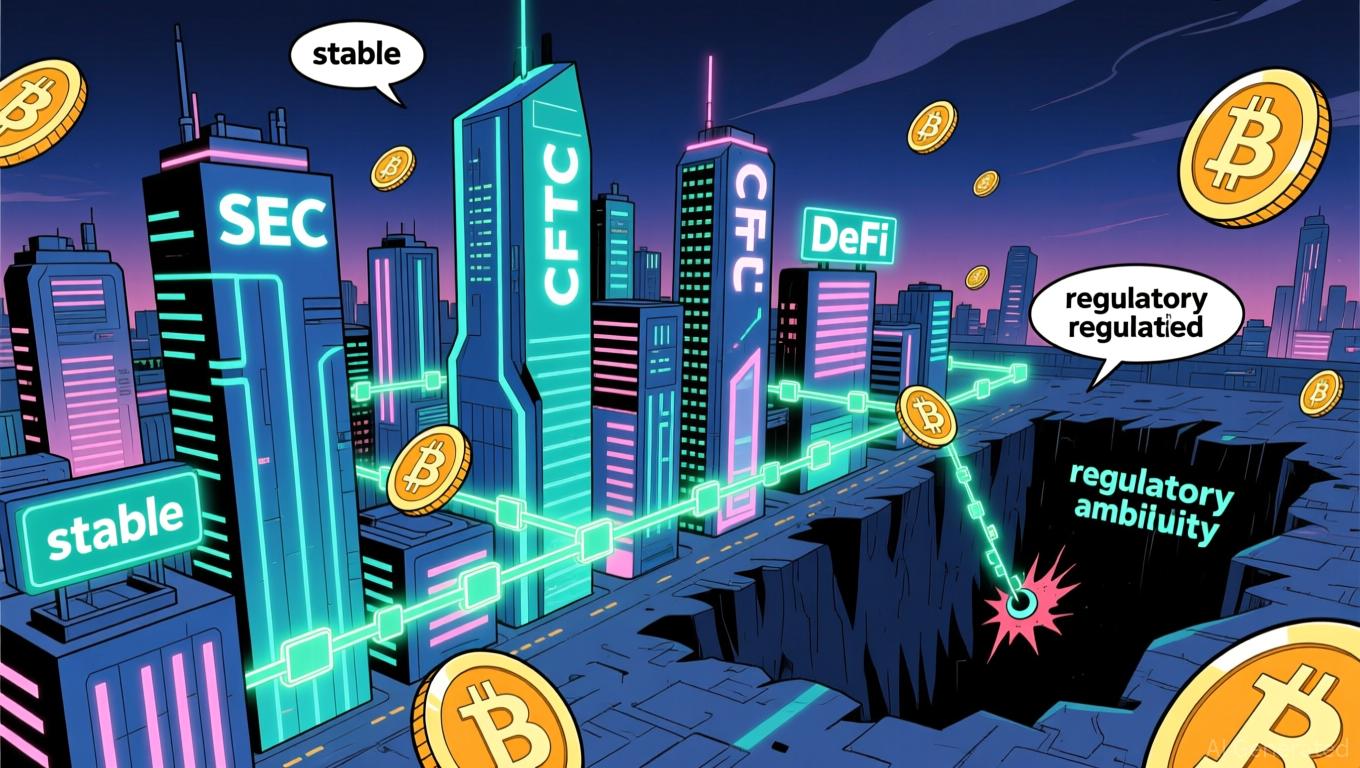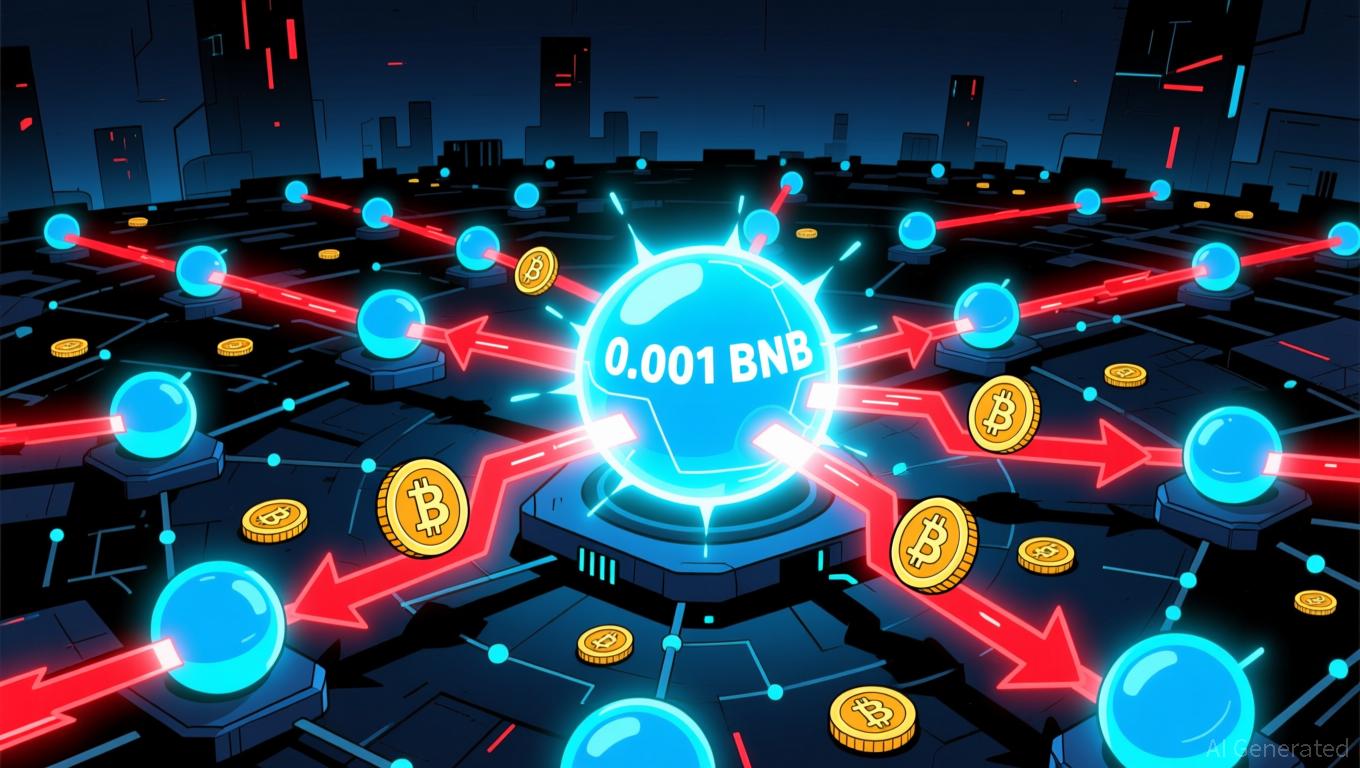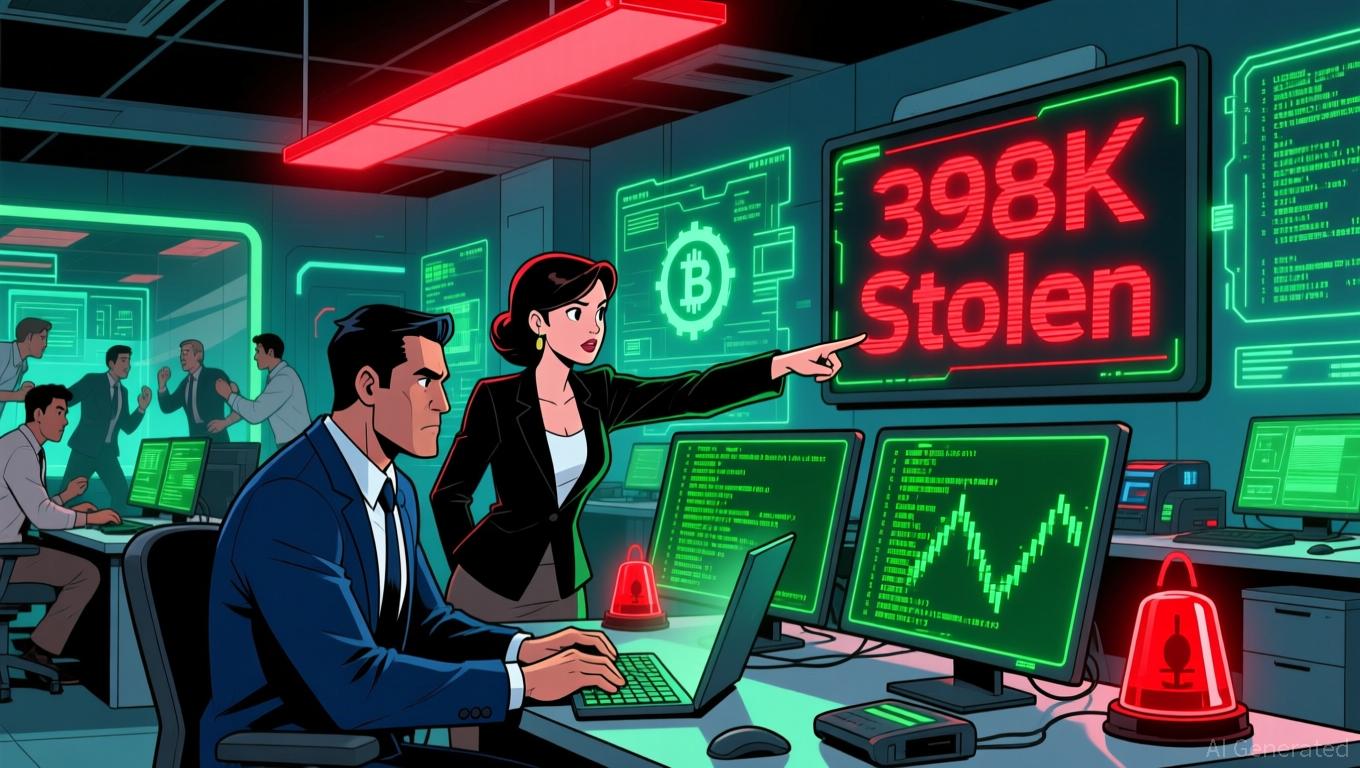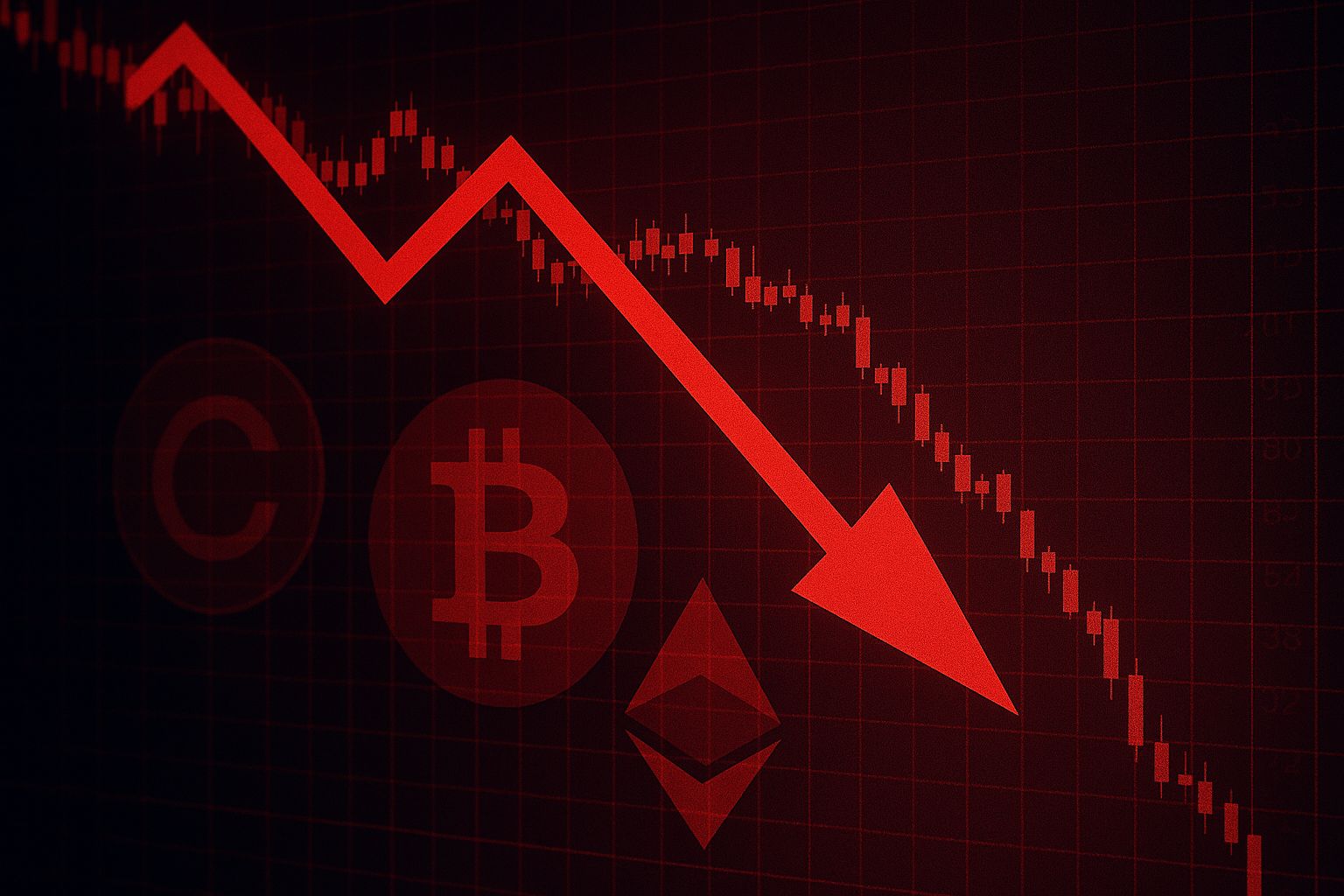Trump-Era SEC Relaxes Crypto Regulations, Raising Worries Over Investor Safety
- U.S. SEC under Trump shifts crypto focus to market stability and fiduciary standards, reducing direct oversight for 2026. - CFTC faces DeFi regulatory challenges as COAI token collapse exposes governance gaps and unclear investor protections. - BlackRock's staked Ethereum ETF filing highlights SEC's openness to crypto products amid unresolved custody and transparency issues. - Bipartisan calls for clear crypto regulatory boundaries intensify as fragmented oversight risks market integrity and investor tru
The U.S. Securities and Exchange Commission (SEC) is adjusting its regulatory strategy for cryptocurrencies, shifting its attention toward overall market stability and fiduciary responsibilities, while reducing its direct supervision of crypto asset services for 2026. This adjustment
This change signals a wider regulatory shift.
At the same time, the Commodity Futures Trading Commission (CFTC) is working to clarify its own responsibilities in overseeing decentralized finance (DeFi).
The need for regulatory clarity has become more urgent following recent DeFi setbacks.

As the SEC and CFTC continue to navigate these evolving issues, the cryptocurrency industry stands at a critical juncture. While the Trump administration’s more flexible regulatory stance has encouraged innovation, incidents like the COAI token collapse underscore the dangers of fragmented oversight. The months ahead are likely to feature intense debate over how to foster market development while ensuring investor protection—a challenge that will shape the regulatory environment for crypto in 2026 and beyond.
Disclaimer: The content of this article solely reflects the author's opinion and does not represent the platform in any capacity. This article is not intended to serve as a reference for making investment decisions.
You may also like
60% APR Airdrop Collected by One Party, Compromising Openness in DeFi
- Web3 startup aPriori faces scrutiny as a single entity claimed 60% of its APR token airdrop via 14,000 interconnected wallets. - Wallets funded with 0.001 BNB each on Binance showed coordinated activity to claim and transfer APR tokens rapidly. - Blockchain analytics firm Bubblemaps revealed the entity continued creating new wallets to maximize airdrop allocations. - aPriori, backed by Pantera Capital, remains silent despite raised concerns about distribution fairness and DeFi transparency. - The inciden

Indonesia's Crypto Hacker Detained, Prompting Surge in Quantum-Resistant Security Measures
- Indonesian authorities arrested a hacker linked to a $398,000 crypto theft via a DeFi platform vulnerability, signaling intensified efforts against digital asset crimes. - The incident highlights growing regulatory challenges in securing blockchain transactions, as hackers exploit platform weaknesses to siphon funds. - Industry responses include quantum-resistant security measures, with QANplatform auditing its protocol and PQC markets projected to grow 46.2% annually by 2030. - Geopolitical shifts ampli

Hyperliquid (HYPE) Price Rally: Advancements in Liquidity and On-Chain Usage Fuel DeFi Rebound
- Hyperliquid's HYPE token surged above $40 after November 2025 Robinhood listing, driven by liquidity expansion and fee cuts. - TVL grew to $3.5B by June 2025, with HyperEVM and Unit layers enabling EVM compatibility and cross-asset trading. - Q4 2025 saw $47B weekly volumes and 78% user growth, as decentralized equity derivatives like NVDA-PERP gained traction. - Buybacks and Fed rate cut expectations project HYPE to $71 by 2026, despite security challenges like the Jelly incident.
Bitcoin price forecast: Is Bitcoin heading for $80k?
